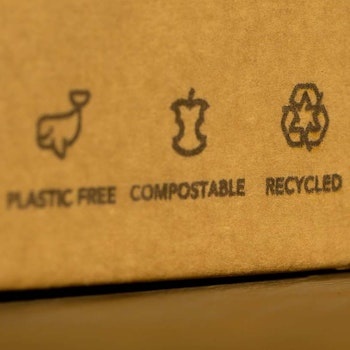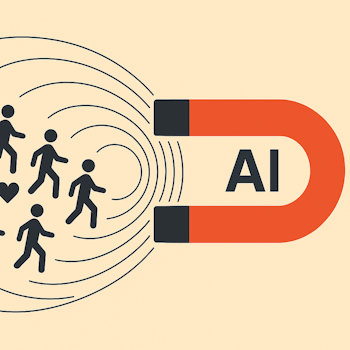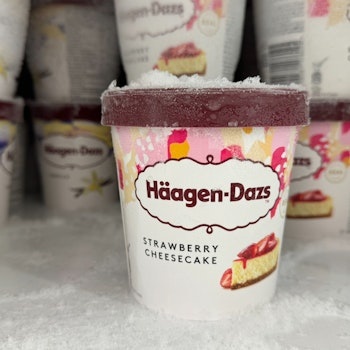
Can Your Brand Handle the Post-Covid Consumer?
Published on: December 12 2020
The arrival of several coronavirus vaccines has been a rare piece of good news in 2020, and those glimmers of hope have allowed brands to finally start thinking about what shopper and consumer behaviour may look like in a post-Covid 2021.
And that, unsurprisingly, has raised a lot of questions. This past year has been so disruptive, and the changes it has wrought on the retail and consumer landscape so immense, that brands are more in need of quality science-led insight than ever.
To grab competitive advantage, brands need to develop research strategies that best understand the deep and continuing impact of the pandemic on the consumer psyche – and try to answer the myriad of questions it is raising.
More deeply understanding the minds of ‘Grab and Go’ consumers
Shopping behaviour has shifted considerably in 2020 and the act of visiting the shops has become increasingly stressful. Standing in queues with other face-masked shoppers and the desire to minimise time spent at the fixture, is leading not only to psychological pressure but has, amongst other behavioural shifts, fuelled the ‘Grab and Go’ mentality. Brands need deeper insights to include what specific impact these emotion-based pressures will ultimately have on the way people shop and the brands they choose:
With around one in five UK consumers saying they don’t intend to eat out in the foreseeable future and Canada forecasting that tourism demand in 2021 will be 46% down on 2019, a lot of that restaurant and vacation money is instead going on food purchases. This has led to increased market share among certain premium brands as shoppers spend that little bit extra to treat themselves at a difficult time:
Given the impact of 2020 on global economies has been colossal and the pandemic is likely to be followed by a significant recession:
More deeply understanding the minds of ‘Grab and Go’ consumers
Shopping behaviour has shifted considerably in 2020 and the act of visiting the shops has become increasingly stressful. Standing in queues with other face-masked shoppers and the desire to minimise time spent at the fixture, is leading not only to psychological pressure but has, amongst other behavioural shifts, fuelled the ‘Grab and Go’ mentality. Brands need deeper insights to include what specific impact these emotion-based pressures will ultimately have on the way people shop and the brands they choose:
- To what degree will people return to their previous shopping routines if and when stores fully re-open?
- How are retail brands going to induce more of a browsing culture and create the sense of theatre and drama people enjoy for physical shopping? And to what degree will shoppers still want that?
- To what degree do people gravitate to the brands they already know under stressful conditions, and what does this mean for new entrants?
- Is grabbing attention ie visual saliency at the shelf, more vital than ever when the shopping mission is truncated?
- If your brand relies on PoS impulse, how can you trigger greater impulse purchasing behaviour from fewer overall store visits?
With around one in five UK consumers saying they don’t intend to eat out in the foreseeable future and Canada forecasting that tourism demand in 2021 will be 46% down on 2019, a lot of that restaurant and vacation money is instead going on food purchases. This has led to increased market share among certain premium brands as shoppers spend that little bit extra to treat themselves at a difficult time:
- Which shoppers are most likely to act this way?
- How will those premium shopping tendencies become embedded as the pandemic continues and then (hopefully) subsides?
- Will consumers continue to buy expensive non-food items more cheaply from supermarkets when other specialist shops are forced to close – and stick with them when their usual stores re-open?
Given the impact of 2020 on global economies has been colossal and the pandemic is likely to be followed by a significant recession:
- Will this lead to another step-change increase in consumer interest in discounters and low-budget options in 2021?
- How can premium brands retain those shoppers who have traded-up for treats / rewards, should economic conditions deteriorate?





